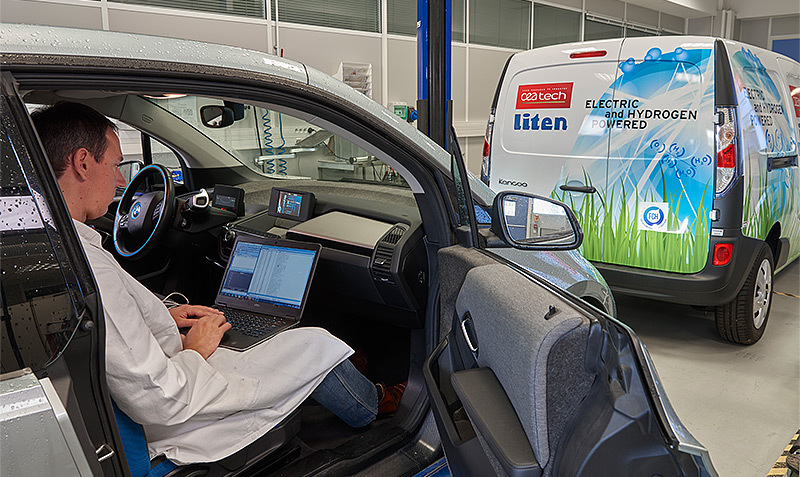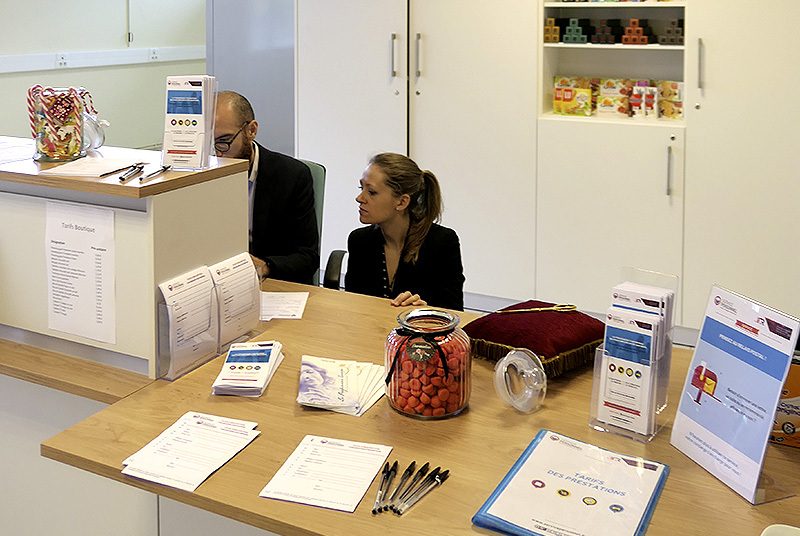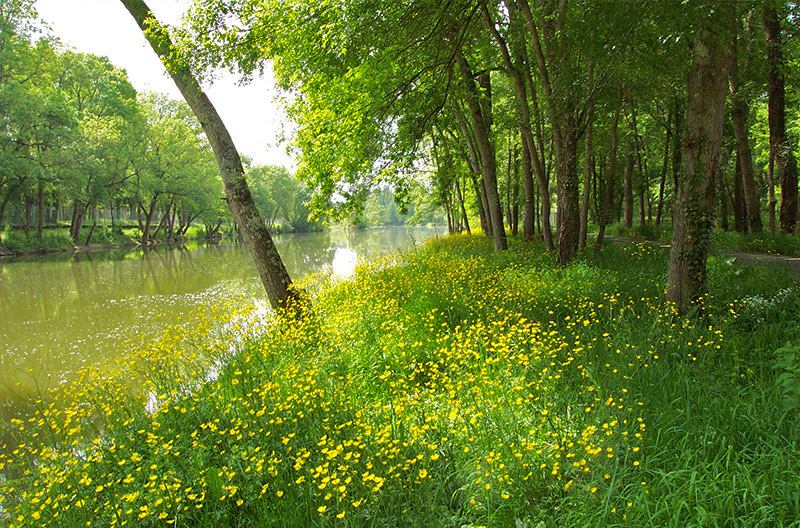
Sustainable development

— Two flagship initiatives were run by the CEA in 2019. The first was a 3% reduction in its energy consumption. Based on a regulatory energy audit of its installations completed in 2019, the CEA launched the "energy efficiency" project for 2020-2023 with three main objectives: to draw up an energy policy for itself; to adapt the organisation and processes of its operational, maintenance and renovation activities to achieving better energy efficiency in the long term; and to develop a method of reducing energy consumption by 3% per annum on a like-for-like basis.
In parallel, it continued its effort to reduce, make greener and renew its vehicle fleet, which consists of 494 vehicles (this reduces significantly each year). In terms of engine type, diesel vehicles accounted for 43% of the fleet in 2017 but were down to 30% in 2019, while the proportion of electric and hybrid vehicles had risen to 40% in 2019 (from 33% in 2017).
The second initiative launched in 2019 concerns responsible purchasing. The CEA carried out a detailed analysis of its plastic waste consumption, and more specifically of the plastic cups used by staff on a daily basis (around 25 tonnes per year, which has a significant environmental impact). Knowing this, and after the law on energy transition and the circular economy was passed, the CEA opted for washable products (glasses, cups) combined with cleaning by the catering service, a cleaning service or the purchase of portable dishwashers, which were the best economic/environmental compromise.
Cadarache improves the management of its sanitary waste
— The Cadarache centre replaced the mechanical dehydration process used to treat its sanitary effluent with a new sanitary sludge drying facility. It combines a greenhouse function with a heated floor supplied by a water-to-water heat pump, whereby heat is recovered from the treated sanitary waste. Cheap to run and requiring minimal energy inputs, this process can dry sludge all year without creating unpleasant odours, and has a drying rate of more than 80%. The mass of sludge produced is also significantly reduced. Energy recovery from this sludge was implemented through a partnership with an approved waste incinerator.
 © CEA
© CEA
Cesta makes employees’ lives easier
— As part of efforts to improve quality of life in the workplace, in December 2018 the Cesta centre opened a company concierge service which has proved increasingly popular, with nearly 600 users. It offers general services (dry cleaning, shoe repairs, ironing, clothing repairs, etc.) and vehicle maintenance services (servicing, repairs, washing), delivery of organic or integrated farming products, and household services (childminding, gardening, cleaning). It helps to improve employees’ work/life balance while offering them high quality services based on local, fair and ethical trade.
Grenoble integrates its R&D with its CSR activities
— In 2019, the Grenoble centre launched a three-year corporate social responsibility (CSR) strategy that, in particular, gives employees the opportunity to undertake CSR activities during their working hours, subject to their line manager’s agreement. CEA-Grenoble also took up the joint presidency of the Isère association of inclusive companies, and launched a working group to help people with autism to integrate into long-term employment. This initiative, a first in France, was praised by Claire Compagnon, interministerial delegate in charge of the national strategy for autism and other neurodevelopmental disorders, during her visit to the centre.
 © CEA
© CEA
Ripault protects biodiversity on its site
— The Ripault centre has introduced differentiated management of its green spaces. This initiative has considerably reduced the area that requires mowing as well as mowing frequencies, and has increased the diversity of flora and fauna, while improving the appearance of the environment and reducing noise nuisance. It has also cut costs by about 45%. By managing its spaces sustainably, the CEA reduces the volume of its green waste and improves the ecology of its unbuilt spaces.